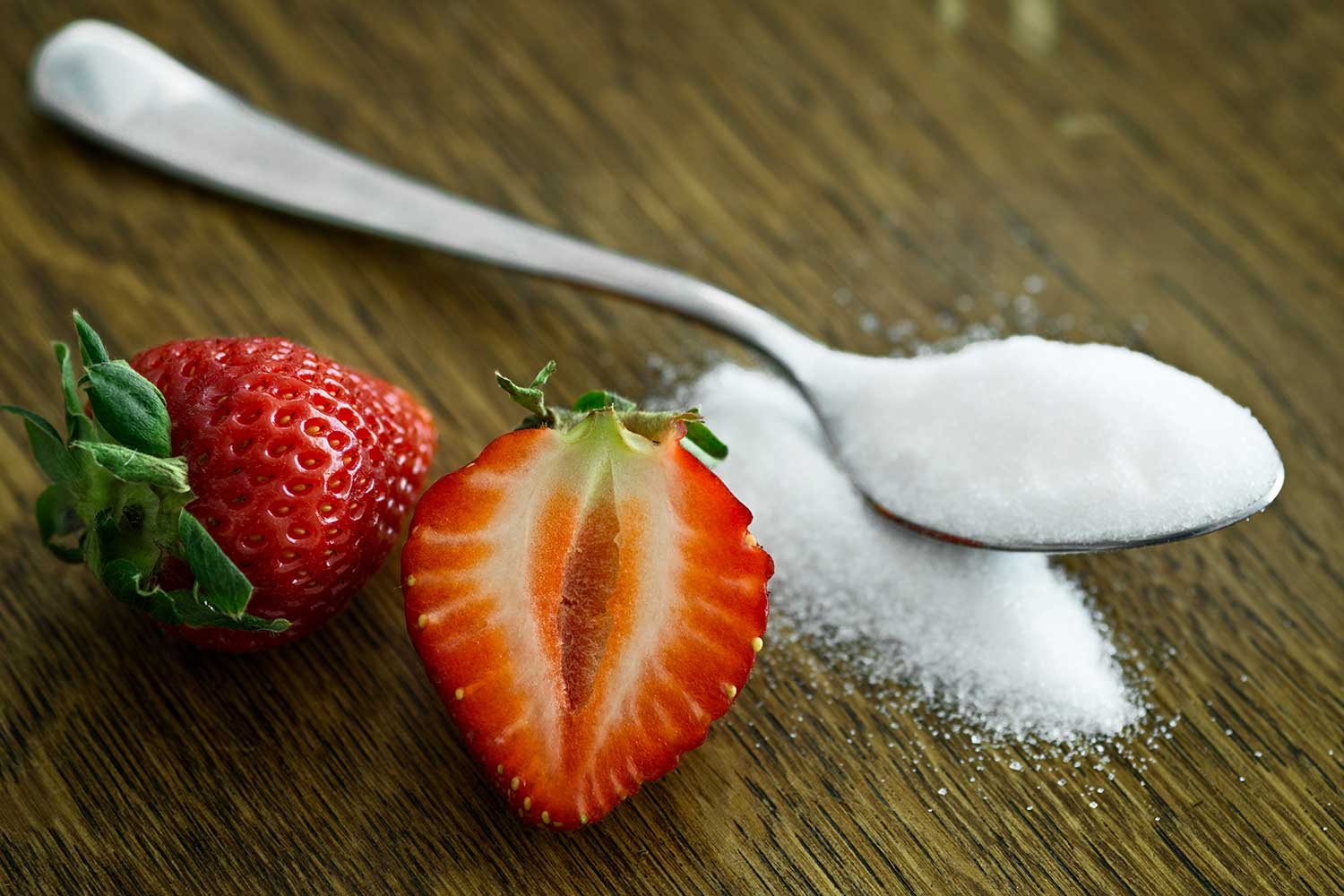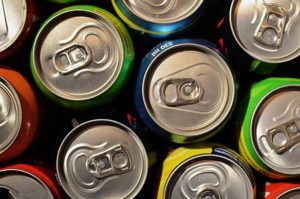Sweet Deal
The Herald Sun news paper calls out on the front page that sugary drinks are worse than we thought. Then on page seven an article written by Lanai Scarr explains that originally there was a belief that excess consumption of high quantities of sugar led to weight gain, which then was linked to increased risk of developing type 2 diabetes. Now the new Australian studies are revealing that sugary drinks consumed in excess regardless of weight gain increases the risk of getting type 2 diabetes.
News Flash: Skinny people can get diabetes too.
The article indicates the Australian ‘university led’ study has shown that a sample of 40,000 people were involved, and part of the results indicated that there was a higher risk of diabetes in those who consumed more sugar overloaded drinks. Mind you, it doesn’t provide any details around the control factors of the 40,000 participants. In essence, what I would like to understand is how the overall daily sugar consumption through other forms of food was measured and then factored against the consumption of the soft drinks. Were all the participants placed on the exact same diet to ensure an equal measure of daily intake? If not, how is it possible to know the raw data hasn’t been tainted by the hidden sugar contained in their breakfast cereals, carbohydrate laden bagels as a mid morning snack, pieces of fruit in the afternoon and so on? Did they factor in the genetic disposition of the candidates? You get my point. The article provides a statement of conclusion with no supporting information or even a link to where we as readers can learn more about this ‘quality’ study. I can’t even tell you which university it was as this is also mysteriously missing from the article.
I did a simple google search ‘Do thin people get type 2 diabetes?‘ 894,000 results in .99 seconds. One of the top hits was an article written by Chris Kresser in Sept 19, 2010 that is titled ‘Think skinny people don’t get type 2 diabetes? Think again‘ Hmm, it seems that this is already something that has been known for almost a decade and yet, here we are spending energy, time and no doubt tax payers money to execute a study that provides a rudimentary conclusion of something they could have googled and then LinkedIn to the researchers who had already been there and done that.
Trick or treat?
When you read the entire article you can see that the opening position of introducing this new ‘Australian research’ quickly segues into a discussion about sugar tax. It mentions that implementing a tax in the US & Mexico had led to a decrease in the purchase of those items among low income generating house holds. Yes, another epiphany resulting from studies show that people who are struggling financially decrease or stop buying items that are too expensive for them to afford.
Dr Michael Gannon (AMA President) has been quoted in this same article as saying that he supported the introduction of a tax on sugar, then it is mentioned that like the tobacco tax the battle would be fought long and hard. My favorite part is the statement that I will directly quote, ‘We need to give a price signal to individuals that these are not normal drinks and should be used selectively, or not consumed by anyone.’ Wow. Apparently ‘we’ the collective idiot consumers need a price signal.
“The doctor of the future will no longer treat the human frame with drugs, but rather will cure and prevent disease with nutrition.” ‘Thomas Edison’
I wonder what Thomas Edison would have said if he were here to read ‘Dr Gannon’s‘ comments. Its fascinating to find that not one of these ‘well educated’ individuals who are sought for their opinion in this article considered some alternative options:
- Re-evaluate the government policy on food standards to demand that all food items not exceed the ‘healthy’ range across all products that are manufactured and or exported / imported within Australia and New Zealand.
- Apply a weighted tax levy to corporations whose products exceed the healthy deemed minimum and have that money restricted to being funneled into the application of improving our health care system for the consumers. While ensuring there is an enforced no ‘price’ increase policy to the consumer. If they want / insist on overuse of an unhealthy product then it must be at their cost not a transferable expense passed onto the unsuspecting consumer.
Let’s go back and consider Dr Gannon’s reference to the tobacco tax, another price signal. The Australian government has been raking in the $ on that for a while now. Imagine if the approach applied was a re-evaluation of the government policy on food standards with a no tolerance benchmark. This alternative concept could have been applied to the cigarette manufacturers, with hefty fines for breach. If you want to sell tobacco, then it must just contain tobacco.
No more allowing cigarettes to contain killer ingredients such as (but not limited to):
- Ammonia: Household cleaner
- Angelica root extract: Known to cause cancer in animals
- Arsenic: Used in rat poisons
- Benzene: Used in making dyes, synthetic rubber
- Butane: Gas; used in lighter fluid
- Carbon monoxide: Poisonous gas
- Cadmium: Used in batteries
- Cyanide: Deadly poison
- DDT: A banned insecticide
- Ethyl Furoate: Causes liver damage in animals
- Lead: Poisonous in high doses
- Formaldehiyde: Used to preserve dead specimens
- Methoprene: Insecticide
- Megastigmatrienone: Chemical naturally found in grapefruit juice
- Maltitol: Sweetener for diabetics
- Napthalene: Ingredient in mothball
- Methyl isocyanate: Its accidental release killed 2000 people in Bhopal, India in 1984
- Polonium: Cancer-causing radioactive element
It’s high time the shift of accountability is weighted far less toward the consumer and more to the Australian government and its department of representatives that are supposed to be there protecting and representing our interests. Its an insult to read an article that feigns concern over the very thing that could be rectified through proper policy.
Articles & Research Reference:
Herald Sun Article – Life Quencher by Lanai Scarr
‘Think skinny people don’t get type 2 diabetes? Think again‘










